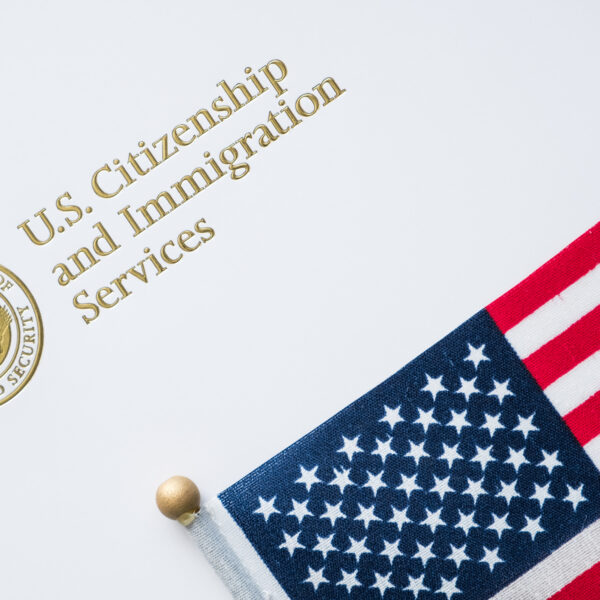Relevant policy guidelines for the F and M student nonimmigrant classifications have been released by U.S. Citizenship and Immigration Services (USCIS). A student visa must be applied for and approved before a foreign student can pursue their studies in the United States. The kind of study program and the kind of school you intend to attend will determine the kind of visa you require.
USCIS anticipates that by consolidating the existing policy’s guidance, foreign students and American educational institutions will have more clarity on a wide range of issues, such as eligibility requirements, school transfers, practical training, and on- and off-campus employment.
In general, the nonimmigrant student program is run by U.S. Immigration and Customs Enforcement. However, for F and M students and their dependents residing in the country, USCIS decides applications for work authorization, status modifications, stay extensions, and status reinstatement.
In general, the nonimmigrant student program is run by U.S. Immigration and Customs Enforcement. However, for F and M students and their dependents residing in the country, USCIS decides applications for work authorization, status modifications, stay extensions, and status reinstatement.
The guidelines make it clear that F and M students must have a foreign residence that they intend to keep, but they can also prove that they intend to leave after a brief stay if they are the recipients of an immigrant visa petition or permanent labor certification application.
The guidance also details how F students who wish to extend their optional practical training (OPT) based on their degree in a STEM field may work for startup companies, provided that the employer complies with the requirements of the training plan, maintains good standing with E-Verify, and offers remuneration commensurate with that offered to similarly situated U.S. workers, among other requirements.
A noncitizen may enter the country as a full-time student at a college, university, seminary, conservatory, academic high school, elementary school, or other academic institution, or in a language training program, under the nonimmigrant academic student (F-1) classification. Students enrolled in approved non-academic programs, such as language training programs, or in established vocational programs fall under the nonimmigrant vocational student (M-1) classification.

